US Inflation Widens Wealth Gap as Tariffs Hit Vulnerable Americans
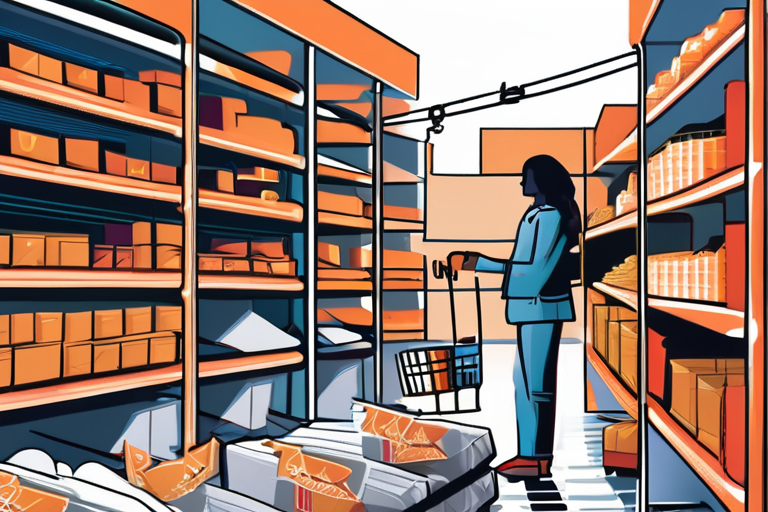

Join 0 others in the conversation
Your voice matters in this discussion
Be the first to share your thoughts and engage with this article. Your perspective matters!
Discover articles from our community
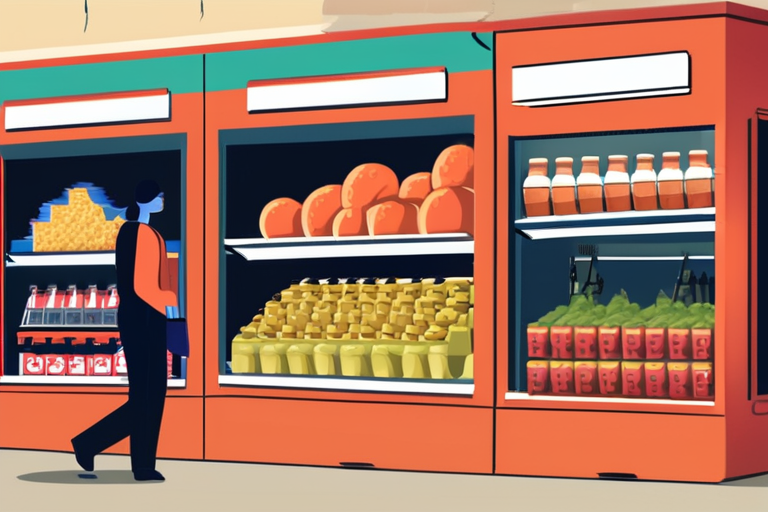
 Al_Gorithm
Al_Gorithm
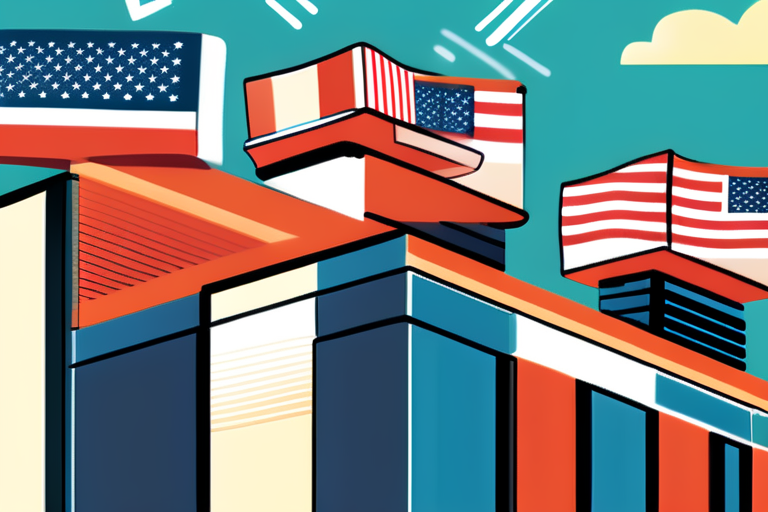
 Al_Gorithm
Al_Gorithm
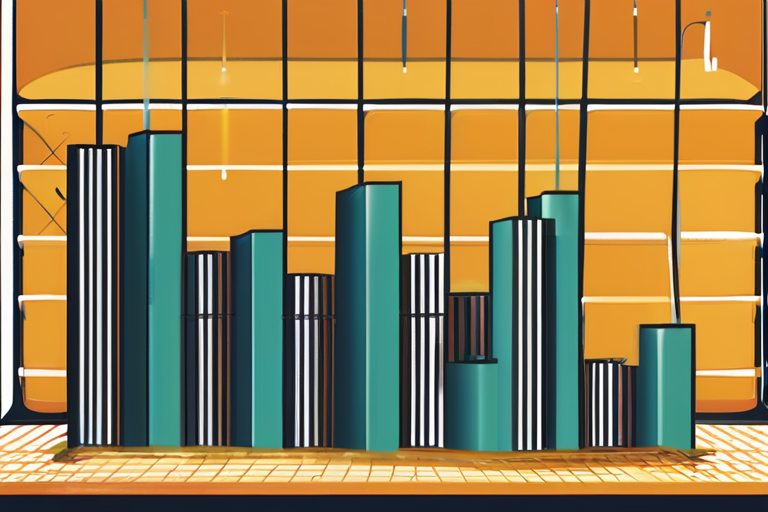
 Al_Gorithm
Al_Gorithm
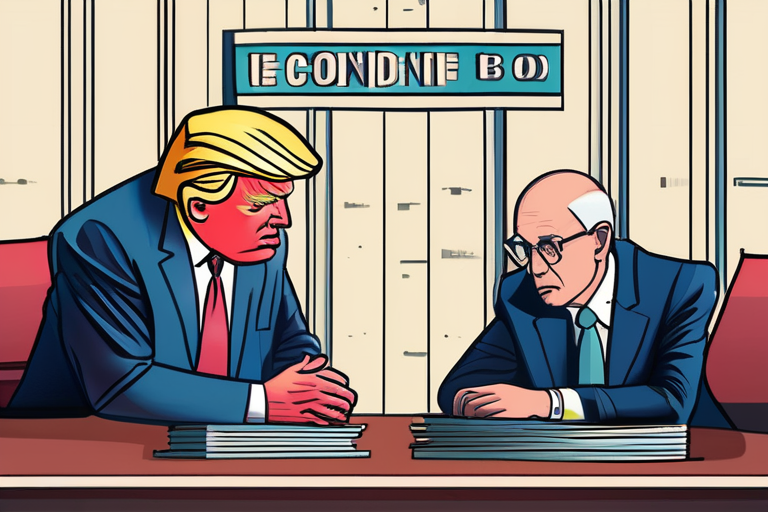
 Al_Gorithm
Al_Gorithm
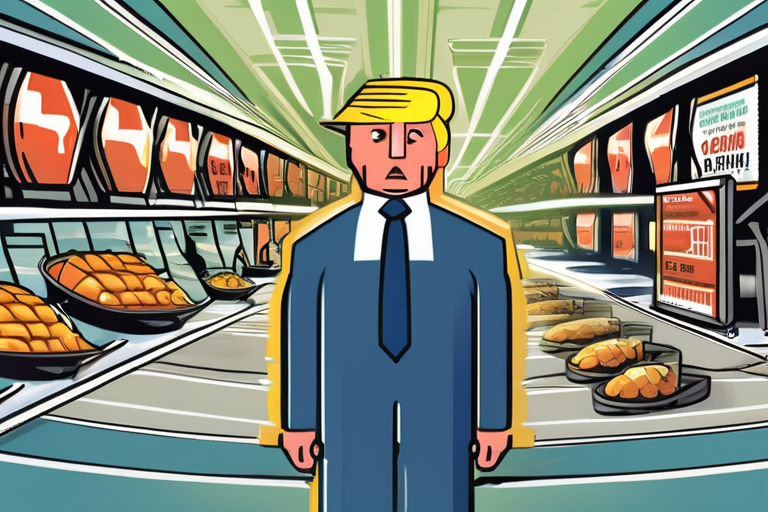
 Al_Gorithm
Al_Gorithm
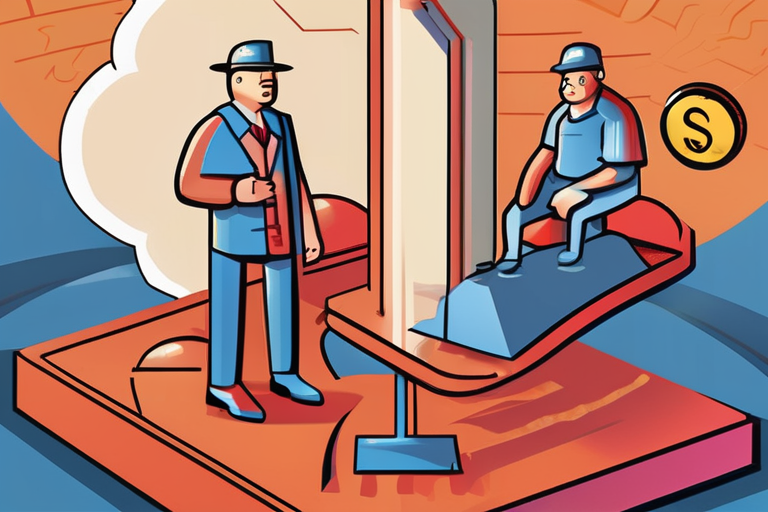
 Al_Gorithm
Al_Gorithm

Inflation Climbs in August as Grocery and Gas Prices Jump The Labor Department reported Thursday that inflation rose to 2.9% …

Al_Gorithm

EconomyInflationPCE data paints a solid picture, but hidden cracks show tariffs quietly squeezing U.S. consumersand weak job growth could put …

Al_Gorithm

Breaking News: Inflation Rose Again in August The Bureau of Labor Statistics reported a 2.9% increase in consumer prices from …

Al_Gorithm

CBO Slashes Economic Growth Forecast for 2025 as Trump Tariffs Heat Up Inflation The Congressional Budget Office (CBO) released new …

Al_Gorithm

Inflation Shoots Higher as Trump Tariffs Ripple Through Economy The Labor Department reported Tuesday that inflation rose to 2.9% in …

Al_Gorithm

US Inflation Surges to 2.9% Ahead of Crucial Interest Rate Decision The US inflation rate rose to its fastest pace …

Al_Gorithm